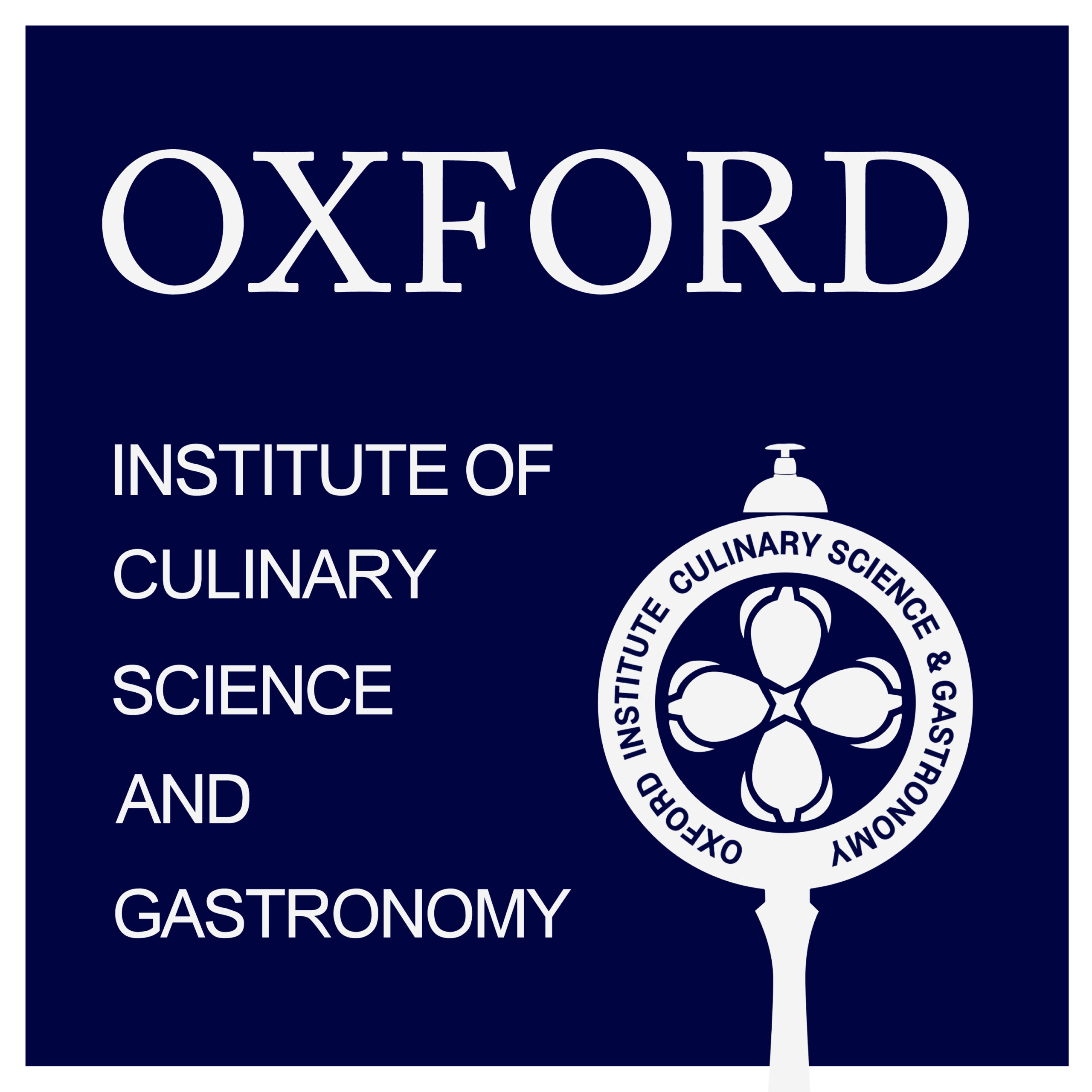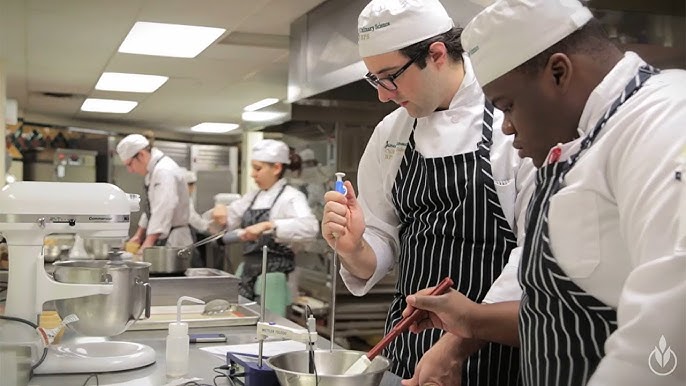Advanced Diploma in Culinary Science
Oxford Institute of Culinary Science & Gastronomy – Year One Curriculum
The Advanced Diploma in Culinary Science offers a foundational yet in-depth exploration into the intersection of culinary practice and scientific knowledge. This program equips students with the scientific principles behind cooking, ingredients, food safety, nutrition, and sensory experience — with real-world applications in professional kitchens and labs.
Perfect for aspiring culinary scientists, chef-educators, and innovation-driven cooks, this course prepares you to step into the future of food with confidence.
Program Introduction
The first year of our 4-year academic path provides a foundational yet immersive exploration into the world of Culinary Science. Students are introduced to the scientific principles behind food preparation, cooking methods, nutrition, safety, and sensory evaluation. With a dual approach of theory and hands-on experience, this program sets the stage for culinary professionals ready to innovate, research, and elevate their craft through science.
| Section | Description |
|---|---|
| Program Title | Advanced Diploma in Culinary Science |
| Duration | 2 Terms (6 months total: 3 months theory + 3 months practicum) |
| Format | Hybrid (Online Theory + In-Kitchen Practicals + Internship) |
| Level | Year 1 / Intermediate |
| Certificate Awarded | Advanced Diploma in Culinary Science from Oxford Institute |
| Outcome | Eligible to enter Year 2 (Associate Degree in Gastronomic Innovation) |
By the end of the year, students complete a scientific report and present a mini-capstone portfolio showcasing their academic and practical achievements. Graduates are eligible to progress to the Associate Degree program (Year 2).
Duration: 12 Weeks
Weekly Modules:
| Week | Module Title | Topics Covered |
| 1 | Introduction to Culinary Science | Scientific method, gastronomy history, culinary systems |
| 2 | Food Chemistry I | Water activity, pH, acids/bases, salt, sugar, solubility |
| 3 | Food Chemistry II | Emulsions, Maillard reaction, caramelization, enzymes |
| 4 | Cooking & Heat Transfer | Conduction, convection, radiation, thermal reactions, sous vide |
| 5 | Culinary Nutrition | Macronutrients, bioavailability, dietary roles, nutrient preservation |
| 6 | Functional Ingredients | Emulsifiers, hydrocolloids, stabilizers, texturizers |
| 7 | Food Safety & Hygiene | HACCP, microbiology, critical control points, contamination |
| 8 | Sensory Science Basics | Taste, aroma, mouthfeel, visual and sound factors |
| 9 | Scientific Documentation & Notation | Recipe journaling, kitchen lab reports, observation formats |
| 10 | Sustainable Gastronomy | Waste management, food sourcing, local systems |
| 11 | Research Preparation | Hypothesis writing, experiment design, method planning |
| 12 | Final Theory Review + Exam | Consolidated knowledge assessment |
🔹 Learning Outcomes:
Understand basic food science, safety, and nutrition principles
Apply scientific thinking to culinary processes
Analyze ingredients and processes based on molecular and sensory reactions
Develop basic kitchen documentation and research proposals
Duration: 12–14 Weeks
Internship Placement:
Minimum: 100–120 hours
Options: Restaurant kitchen, test lab, research kitchen, food startup
Includes: Task log, weekly reflection, mentor evaluation form
Research & Report:
| Component | Description |
| Topic Selection | Based on Term 1 subject interest (ingredient behavior, process comparison) |
| Data Collection | During internship or parallel controlled tests |
| Final Report | 1500–2000 words with visual documentation |
| Oral Presentation | 10-minute live or recorded pitch with Q&A |
| Portfolio Submission | Includes: Report + Internship log + 2 documented recipes |
Term 2 Learning Outcomes:
Apply knowledge in a real culinary or food science environment
Design and complete a basic culinary experiment or observational study
Communicate findings in a clear, academic, and professional format
Final Certification (Year 1)
Advanced Diploma in Culinary Science
Transcript with grades for both terms
Internship Completion Letter
WRID™ Certification Code (optional)



